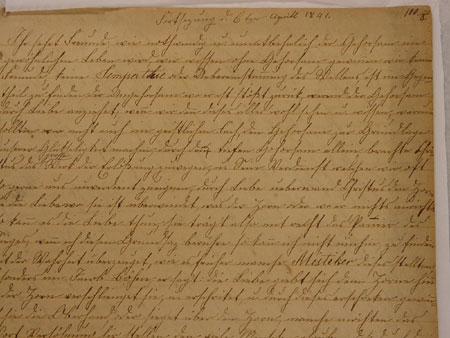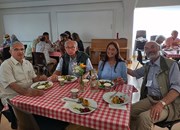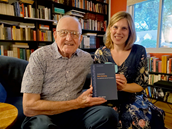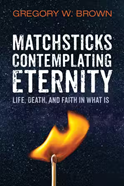Center for Communal Studies:
David L. Rice Library
Room 3022
Library Website
Hours:
Reading Room M-F 8am-6pm
(Archive Staff are available to assist)
What is Zoar?
In the early nineteenth century, Germans from the vicinity of Wurtemberg sailed for America, hoping to find religious freedom in the wilderness. Landing in Philadelphia in August 1817, the "Separatists," as they were known, worked with local Quakers to purchase some 5,500 acres of land in the Tuscarawas River Valley, near present-day Canton, Ohio. They named their new town "Zoar" after Lot's Biblical place of refuge when he fled Sodom, but life on the frontier was precarious.
In 1819, to ensure the community's survival, 157 men and women signed articles of association that established "The Society of Separatists of Zoar." This created a Christian community that shared its goods, work and earnings. Joseph Baumeler (later changed to Bimeler), the group's spiritual leader, also became the Agent-General. The Society was largely self-sustaining, and with the expansion of the Ohio-Erie canal through their land, it became wealthy by operating canal boats.
By the time of Bimeler's death in 1853, the Society had assets of more than one million dollars. Although the Society slowly declined throughout the remainder of the century and disbanded in 1898, Zoar Village has been preserved as a historic site.

The Dr. Donald E. Pitzer Memorial Zoar Manuscripts
In Spring 2006, University of Southern Indiana alumnus John Lawrence donated 28 manuscripts from the Separatist Society of Zoar, Ohio. These documents were given in honor of Dr. Donald Pitzer, founding director of the Center for Communal Studies, and the collection is known as the Dr. Donald Pitzer Memorial Zoar Manuscripts.
The manuscripts are divided into two separate groups and seem originally to have formed a book composed of similar manuscripts compiled in the nineteenth century. They appear to be the thoughts or sermons of Joseph Bimeler; each separate text is dated at seven-day intervals, which supports the interpretation that these were weekly sermons. The texts are not signed, and the person who scribed them is unknown, although they are clearly the work of an educated individual, possibly Joseph Bimeler himself.
Scholars and researchers can view the Pitzer Memorial Manuscripts by appointment. Digital photography of the manuscript for educational or research purposes is permitted, but prior approval is required.
A Bibliography on the Separatist Society at Zoar, Ohio
For more information, contact the Center for Communal Studies.


Founding ICSA members at the 2022 conference in Skanderborg, Denmark. Photo: Rode

See the interview with author Joshua Lockyer and Dr. Donald Pitzer.
See the interview with author Rahima Schwenkbeck and Dr. Donald Pitzer.

See the interview with author Dr. Gregory W. Brown and Dr. Donald Pitzer.
Prizes & Research Travel Grant for 2022 Announced